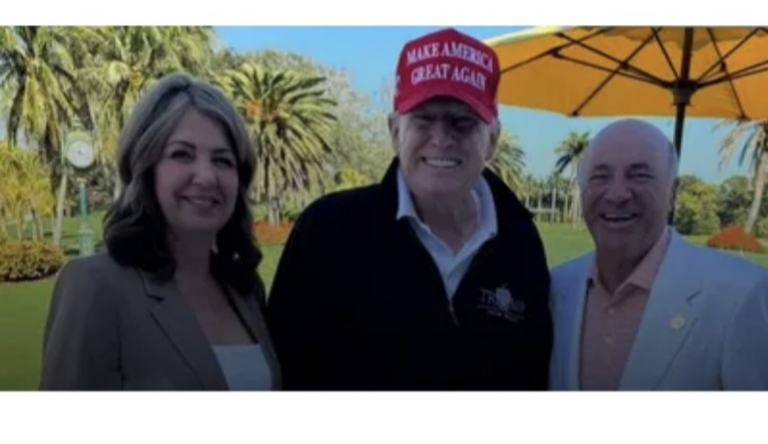Canadian leaders divided over response to Trump’s proposed tariffs

Toronto: Canadian leaders are divided on how to respond to President-elect Donald Trump’s plan to impose a 25 percent tariff on imported goods. Trump, who will take office next week, announced his tariff policy after his election victory in October, sparking concerns among Canadian provinces heavily reliant on trade with the United States.
Ontario Premier Doug Ford recently threatened to cut off electricity and mineral exports to the U.S. in retaliation, a stance that has received support from several provinces. However, Alberta Premier Danielle Smith has urged caution, emphasizing the importance of maintaining commercial and communal ties. Meeting with Trump earlier this week, Smith stated that Alberta would not disrupt its oil and mineral exports, highlighting the autonomy of provinces in setting trade policies.
Alberta supplies a significant portion of its crude oil and natural gas to the U.S., along with minerals such as lithium, potash, and copper. In 2023, Canadian mineral exports to the U.S. totaled over $30 billion, accounting for 60 percent of the country’s output.
Ford has since softened his stance, suggesting that halting energy and mineral exports should be a last resort.
He advocated for a “wait and watch” approach, noting that Canada should explore alternative measures to counteract the proposed tariffs without escalating tensions unnecessarily.
Saskatchewan Premier Scott Moe also advised caution, warning against actions that could disrupt economic ties between the two nations. Similarly, leaders from Nova Scotia have expressed reservations about retaliatory measures.
The debate underscores the challenges Canada faces in balancing economic interests with its response to Trump’s tariff threats. The federal government has yet to announce a unified strategy.

